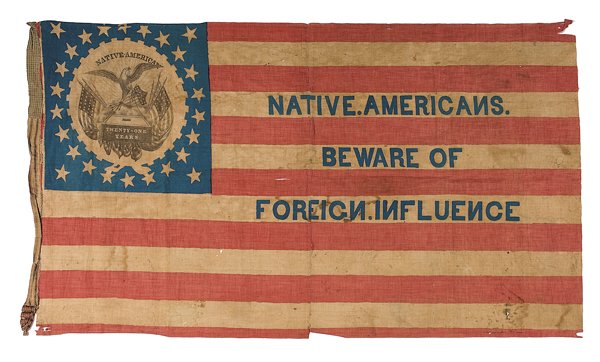
INTRODUCTION
Immigration to the United States saw its greatest increase during the decades of the late 19th and early 20th Centuries. By the millions, people seeking a better life came onto our eastern and western shores, mainly from Europe. This influx of “darker people” led many already in America to begin a “nativist” movement to disallow certain immigrants into our nation. You are a Nativist.
You are afraid of the potentially destructive influence of Southern and Eastern European immigrants. You therefore support restrictions on immigration. You strongly believe in Social Darwinism: you feel that other races are biologically inferior to Anglo-Saxons and consequently should not be permitted in America since interbreeding could cripple the American people.
You are afraid of Socialism. In your opinion these new immigrants threaten the American Republic because they come from radical, undemocratic parts of Europe. Your fears are amplified by the numerous labor strikes occurring.
And your eyes don’t lie – you are noticing that the cities are becoming crowded which has led to increased crime. This causes you to believe that the best way to make the cities safer and lessen crowding would be to slow the stream of immigration. You have a strong idea of what an American is and these new immigrants cannot fit this description.
TASK
You believe that what you’re doing is best for America and therefore you CANNOT sit idly by while the government allows uncontested immigration to continue. Your job therefore is to encourage the United States government to put a stop to immigration.
PROCESS
Part I:
Read from the above five links to further your understanding of the “dangers” that exist from these aliens.
Part II:
You are to write a letter to your congressman imploring him to disallow the entry of anymore inferior people into your nation.
* Due by the end of the period for 15 points *
RUBRIC
CONCLUSION
Tomorrow you will begin an immigrant journal – in the process, you will learn the hardships that these immigrants faced, both in coming to the United States and once they arrived here.

